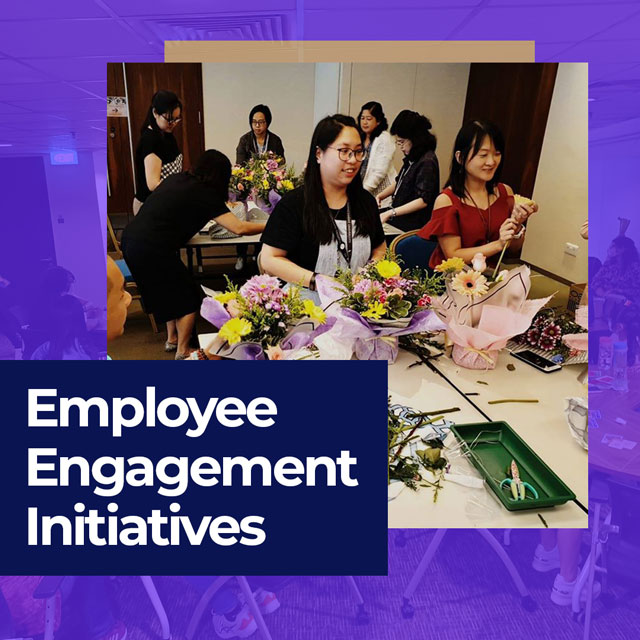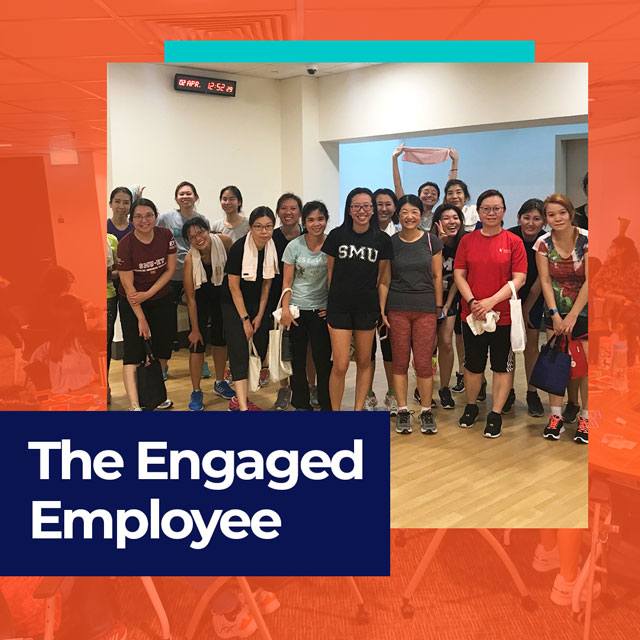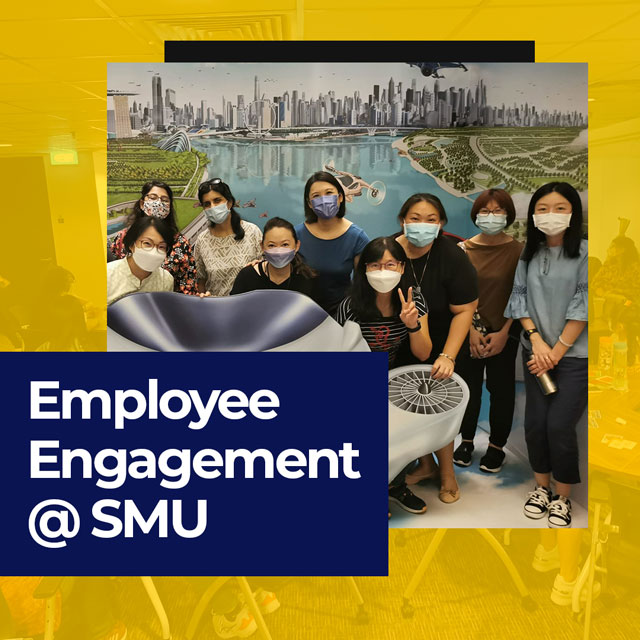SMU Team Excellence Award Winners
Written by Sam Wu
In May 2019, 20 SMU students were injured in a bus accident in Hue, Vietnam whilst on an Overseas Community Service Project (OCSP). Their injuries ranged from bruises and abrasions, to more seriously, a hip injury, a wrist fracture, a leg fracture and a neck injury. The Centre for Social Responsibility (C4SR), Safety and Emergency Preparedness (SEP) team, and the Students Services Hub (SSH) moved swiftly into action to bring them home safely and care for them.
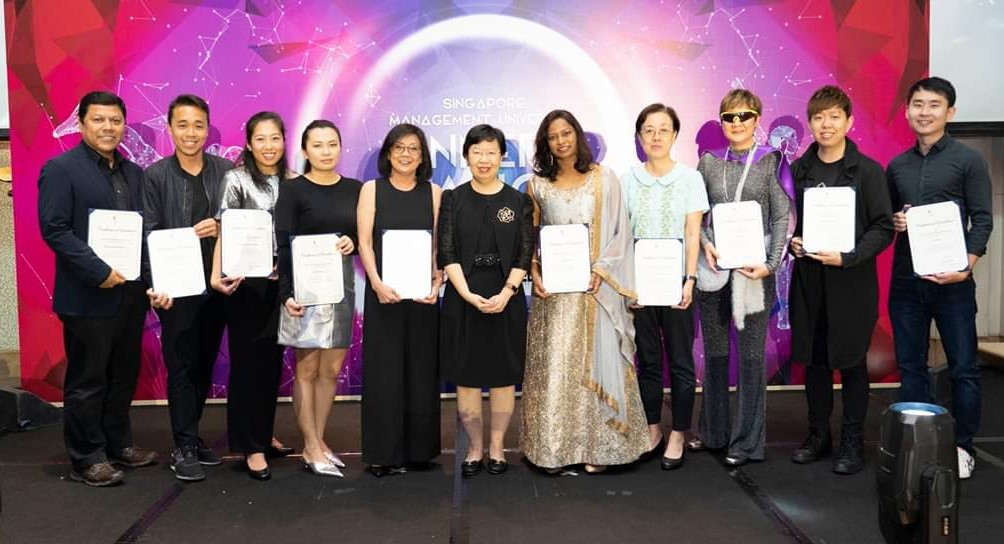
In recognition of their Herculean effort and interdepartmental collaboration, the teams were jointly awarded with the SMU Excellence Award (Team) 2019. We speak with Mohammad Ridzuwan bin Ya'akop (then SEP, now renamed Office of Safety and Security), Emily Hogan (C4SR) and Tee Yihui (SSH) to learn more.
Q: After the initial shock and worry on hearing the news, what did you do next?
Emily: I was the first person to receive the call once the accident occurred, because this OCSP group was under me. Thanks to many years of training for such contingencies, I managed to remain surprisingly calm. After alerting Ridzuwan and my department head, I started calling all the parents.
Ridzuwan: I immediately activated the Safety and Emergency Preparedness Committee, as well as the Crisis Executive Group of senior management. Approvals were given for Emily and me to go to Vietnam to take care of the students; whilst in Singapore, many units were working to ensure the students’ smooth return.
Yihui: SSH worked with C4SR to be ready to meet students and their family members. We also prepared an insurance summary that contained the main pertinent details that the family would need.
Q: What happened next in Vietnam and Singapore?
Emily: Wan and I, together with some of the parents, went straight to the hospital in Hue. It was heartening to see many of the students helping and comforting each other; they were strong and level-headed. We then went to see the injured students and were there the whole day, trying to arrange for flights for students to go back to Singapore. I flew back with the girl with the broken hip and we went straight to Singapore General Hospital. There, the C4SR team updated parents regularly on the condition of their children. When there was a quiet moment, I went outside the hospital and broke down. I finally cried.
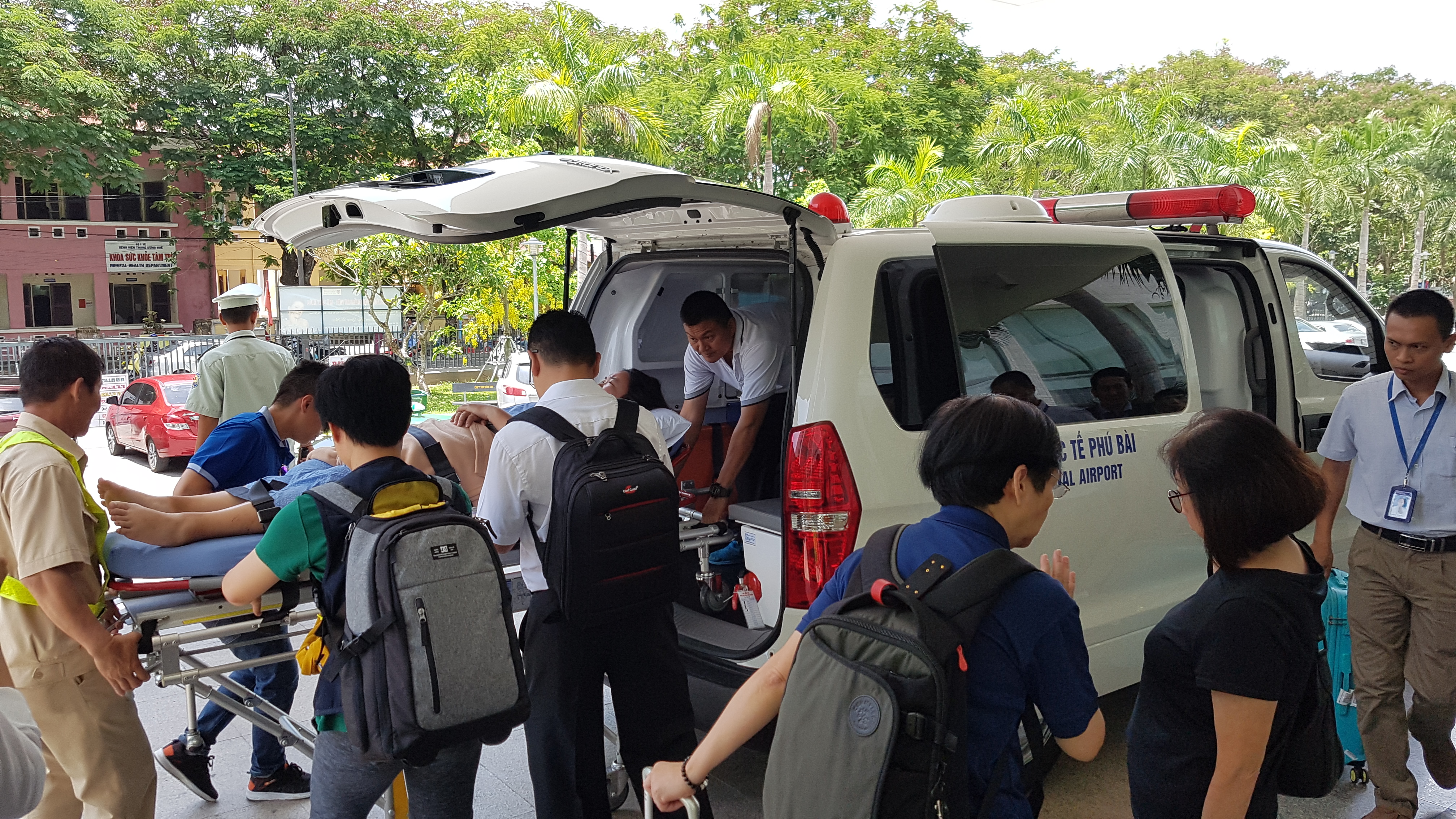
Preparing to evacuate the SMU students
Ridzuwan: The crisis management team ensured that the units followed protocols. For instance, the C4SR and Office of the Dean of Students teams were liaising with the parents, SSH were handling insurance and backend matters, Corporate Communications were managing the media and the SMU Counselling Centre were on stand-by. When the different batches of students arrived at the airport and the hospital at different times of the day and night, there were always teams to greet, help and guide them.
Yihui: I was at the hospital sitting with family members and loved ones, running through with them the steps regarding hospitalisation and insurance claims, as well as what SMU could do for them. They were more worried than angry and it was very hard to see them crying when their children were wheeled into the Emergency Room.
Q: What touched or impressed you the most?
Emily: It was phenomenal to see the help rendered by the hospitals and external agencies in Vietnam and Singapore. Even a representative from Singapore’s Ministry of Foreign Affairs who was an alumnus (also my ex-student!) reached out to Wan and me. He was very concerned about the students. The local students from the OCSP and their teacher were at the hospitals daily, and acted as our translators. Above all, I was impressed by the resilience of our SMU students. Those with minor injuries and fractures insisted on continuing with their summer internships and programmes. Many of them have even flown back to Hue to visit the local students.
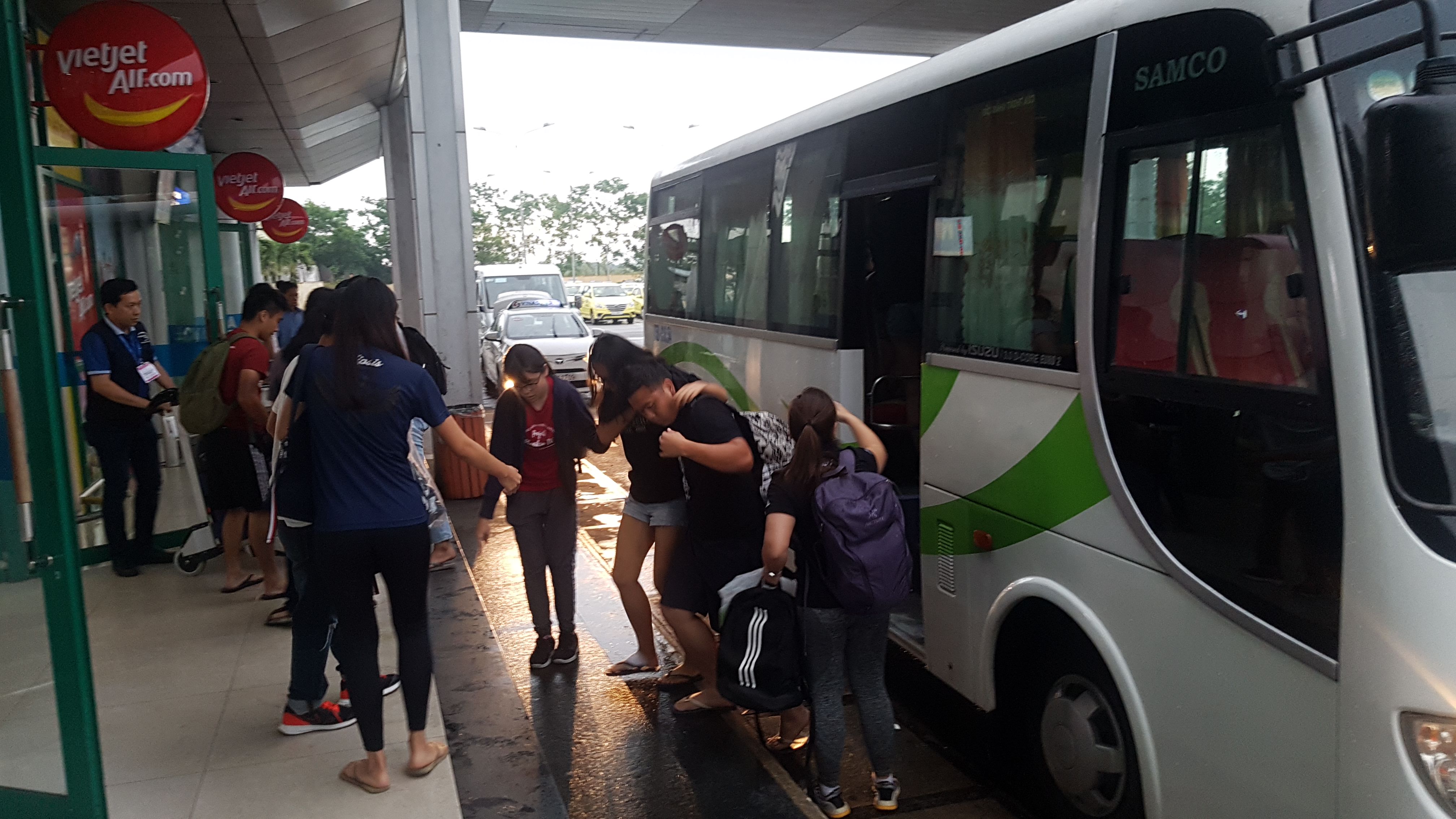
Preparing to evacuate the SMU students
Riduzwan: The fantastic inter-departmental collaboration, for sure. SMU had never faced a crisis of such a magnitude yet everyone just came together. The best thing we did was signing up with International SOS, which handled air evacuations and many other arrangements. It allowed us to focus on the most important thing – our students.
Yihui: The swift actions done by the different offices and coming together to help our students, for sure. The close collaborations with the various external and international organisations as well were truly impressive and instrumental in bringing our students back. The students who stayed behind to take care of each other showcased their leadership, sense of responsibility and camaraderie too.
Q: What’s your biggest takeaway from this incident?
Emily: It’s not a matter of whether a crisis happens, but when it happens. Even if we do not have the experience to handle a crisis, we must all be prepared to follow the steps and protocols which have been proven to be tried and true.
Ridzuwan: Senior management had empowered us so that those on the ground, who knew what was going on, could respond immediately and make critical decisions. We had protocols to follow and senior management were kept updated at all times, but we were never once impeded in doing what needed to be done.
Yihui: In a crisis, don’t panic; be professional and do your best. Everyone is understandably stressed but it’s important not to take any anger directed at you as a personal attack. Families will appreciate your empathy and be grateful for the coordinated efforts of the entire team.
Special thanks to Emily, Ridzwan and Yihui for agreeing to share their stories.
